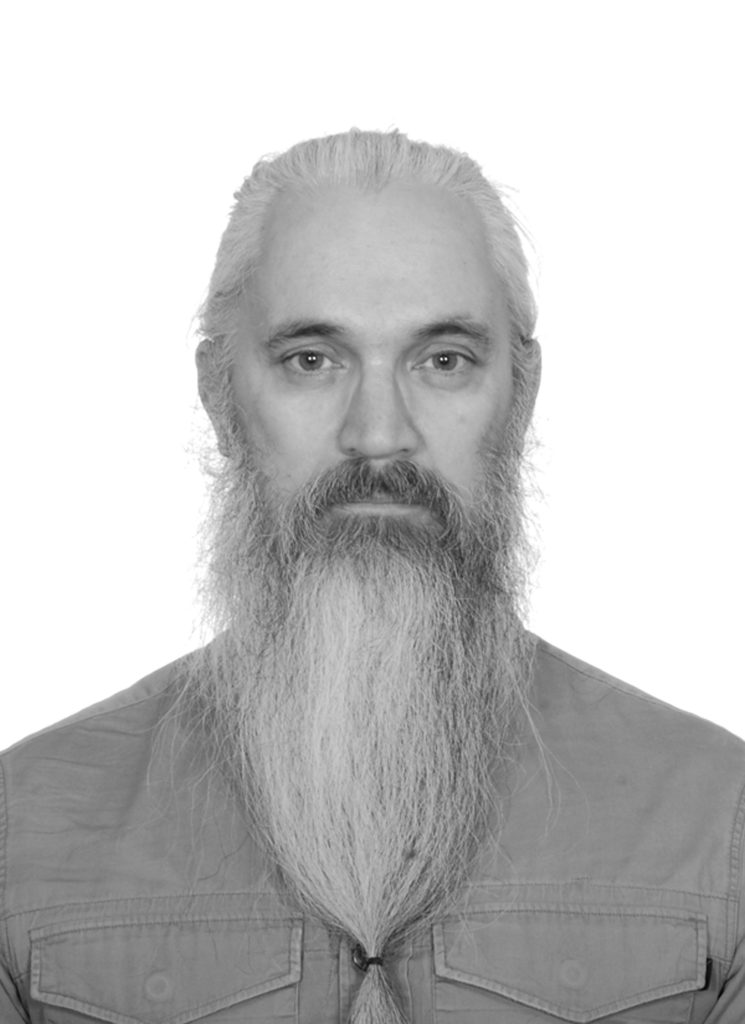Mardi 15 avril 2025
12h30 à 14h00
INRS (385, rue Sherbrooke Est, Montréal). Local 2105
Conférence offerte en anglais seulement
Gratuit et ouvert à toutes et à tous. En présence seulement. SVP confirmez votre présence à Salomé Vallette
Résumé de la conférence

The key defining feature of the Smart City is the relationship of the urban with technology. While the concept of the urban is relatively stable and uncontested this is not necessarily the same for technology and the technological. Recent work has begun to question how we approach the question of technology as ontologically loaded. Building on the idea of cosmotechnics this paper explores the ways in which different ontologies can lead to different technics and what this may mean in thinking more broadly about the Smart City as a conceptual and practical idea. In doing this I suggest options for thinking through the idea of the Pluriversal Smart City as a mechanism to broaden our idea of the Smart City and in doing so provide more just and appropriate urban outcomes.
Conférencier invité
Manuhuia Barcham (Ngāti Hori & Ngāti Hineiwaerea) est professeur titulaire de design d’interaction à la Emily Carr School of Design à Vancouver.
Conférence commentée par Morgan Mouton et Nipesh Palat Narayanan
Morgan Mouton est professeur adjoint au Centre Urbanisation, Culture, Société de l’Institut National de la Recherche Scientifique (INRS) depuis le 1er décembre 2022. Ses travaux visent à saisir les dynamiques de production de la ville à partir des infrastructures urbaines. Pour ce faire, il articule des approches en études urbaines, en études sur les sciences et les techniques, et en santé publique. Ses recherches actuelles portent notamment sur les changements socio-techniques et socio-politiques liés à l’intégration des technologies numériques dans les services d’eau, d’énergie et de déchets dans les villes des Suds (Philippines) et des Nords (Canada, France).
Nipesh Palat Narayanan est professeur adjoint au Centre Urbanisation Culture Société de l’INRS. Son travail explore les hégémonies du savoir à travers l’étude des infrastructures quotidiennes, des pratiques informelles et des cultures culinaires.
